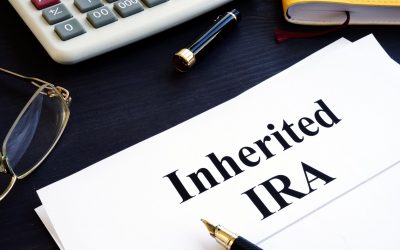
If you’re nearing the end of a long career or have recently retired, you know something about what it takes to be successful. Luck can help, but hard work and proper planning are much more important. It’s the same with retirement. Deciding where your income will come from, working to help minimize your tax burden, and knowing how much you’re paying in fees are important parts of creating a solid retirement plan. Here’s what to know if you don’t want to leave your retirement income to chance.
Know Where Your Income Will Come From
Once you know what your expenses in retirement will be like and how much you can expect from Social Security, you can work on filling in the gap. Figure out where the money will come from, how confident you are you can count on it, and how it will be taxed. If you think you’re taking on too much investment risk or unsure how your savings in an IRA, 401(K), or similar retirement account can best be used as retirement income, an advisor can help. There are many guaranteed income options available, and there is no one size fits all solution.
Work to Minimize Your Tax Burden
A recent survey found that 32% of retirees with $150,000 or more of investable assets said they wished they had better prepared for paying taxes in retirement.[1] While the COVID-19 pandemic and its effects on your finances may have taken up your attention, it’s still important to know tax minimization strategies in 2020 and beyond. This is particularly true if you have a large chunk of your nest egg in a taxable retirement account. There are many potential strategies: Depending on your situation, you might consider a Roth conversion, offsetting investment gains with losses, or working to help minimize taxes on home sales and rental property sales.
Know How Much You’re Paying in Fees For Your Retirement Accounts
According to the Boston College Center for Retirement Research, paying an annual fee of 50 basis points for 30 years can reduce the purchasing power of savings in a retirement account by one-eighth.[2] Fees typically range from under 0.5% to over 2%. 2% might not seem like much, but let’s compare a 401(k) plan that charges 2% in fees to one that charges 1%. Both start with a balance of $100,000 and have an expected annual rate of return of 8%. After 30 years, the account paying 2% in fees would grow to $574,350. Meanwhile, the account paying 1% in fees would grow to $761,225.[3] It’s important to know how much you’re paying in Mutual Fund and ETF fees as well.
Don’t leave your retirement income to chance, and don’t feel that you’re alone when planning for retirement. Our team of professionals is here to help you cover all aspects of your finances so you can retire with a solid plan in place. Sign up for a complimentary review so that we can learn more about your retirement concerns and goals.



